Wearables tipped to reinvent retail sector
Teradata CMO says Big Data will also bring profound changes to the healthcare sector

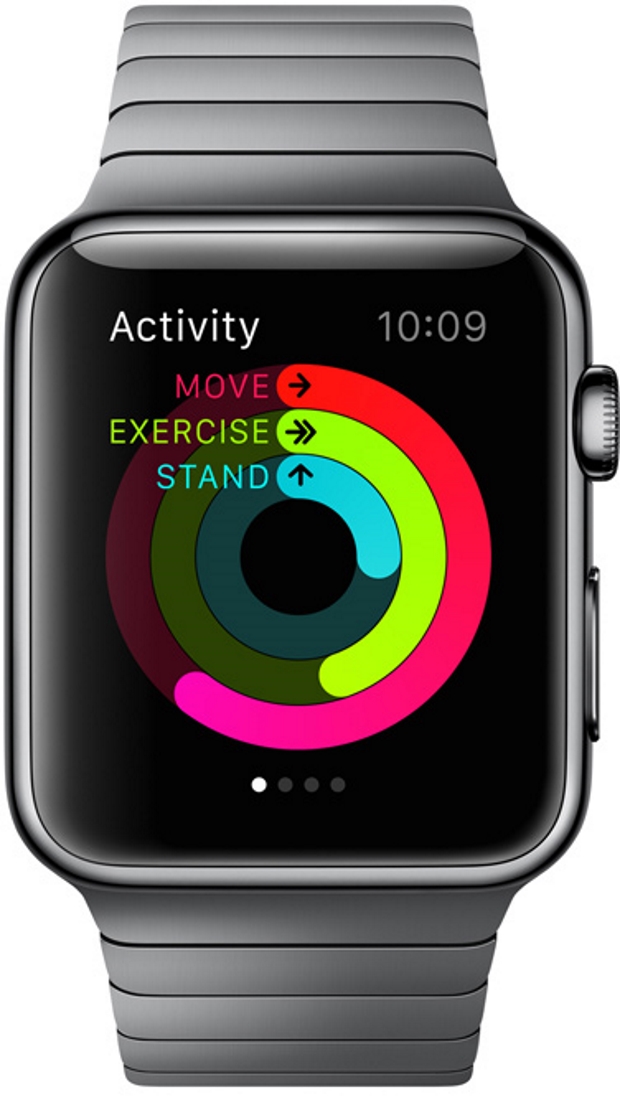
Sign up today and you will receive a free copy of our Future Focus 2025 report - the leading guidance on AI, cybersecurity and other IT challenges as per 700+ senior executives
You are now subscribed
Your newsletter sign-up was successful
Information taken from mobile devices such as wearables is expected to have a significant impact on customer experience and ultimately the success of businesses, according to Teradata.
"Retail is in a reinvention," Lisa Arthur, applications CMO at Teradata said during a roundtable at the firm's Partners Conference and Expo.
"Big data will enhance the retail experience... Every shopper is different, every retail experience is different. When I go to buy a television, it's a very different experience to when I go buy a suit, but I'm still the same buyer."
An individualised consumer experience has begun to manifest via the use of smartphones, specifically with showrooming,' but this has the potential to grow in conjunction with the expected popularity of wearable devices such as the Apple Watch.
Outside of the retail industry, there is also plenty of scope for big data and wearables to make an impact in healthcare, Arthur continued.
This could come about with health apps sending data based on exercise and other activity back to the user's doctor, Arthur pointed out, thus creating a more honest and informed dialogue between them.
"Eventually we're going to see maps integrated into carts and we're going to see interactive experiences," she said, while acknowledging the privacy issues and concerns raised by the technology.
Sign up today and you will receive a free copy of our Future Focus 2025 report - the leading guidance on AI, cybersecurity and other IT challenges as per 700+ senior executives
"That's the other barter in here there has to be the opt-in and the value exchange. There has to be a handshake and it can't be creepy, it has to be used for value."
Caroline has been writing about technology for more than a decade, switching between consumer smart home news and reviews and in-depth B2B industry coverage. In addition to her work for IT Pro and Cloud Pro, she has contributed to a number of titles including Expert Reviews, TechRadar, The Week and many more. She is currently the smart home editor across Future Publishing's homes titles.
You can get in touch with Caroline via email at caroline.preece@futurenet.com.
-
 Pulsant unveils high-density data center in Milton Keynes
Pulsant unveils high-density data center in Milton KeynesNews The company is touting ultra-low latency, international connectivity, and UK sovereign compute power to tempt customers out of London
-
 Anthropic Labs chief claims 'Claude is now writing Claude'
Anthropic Labs chief claims 'Claude is now writing Claude'News Internal teams at Anthropic are supercharging production and shoring up code security with Claude, claims executive
-
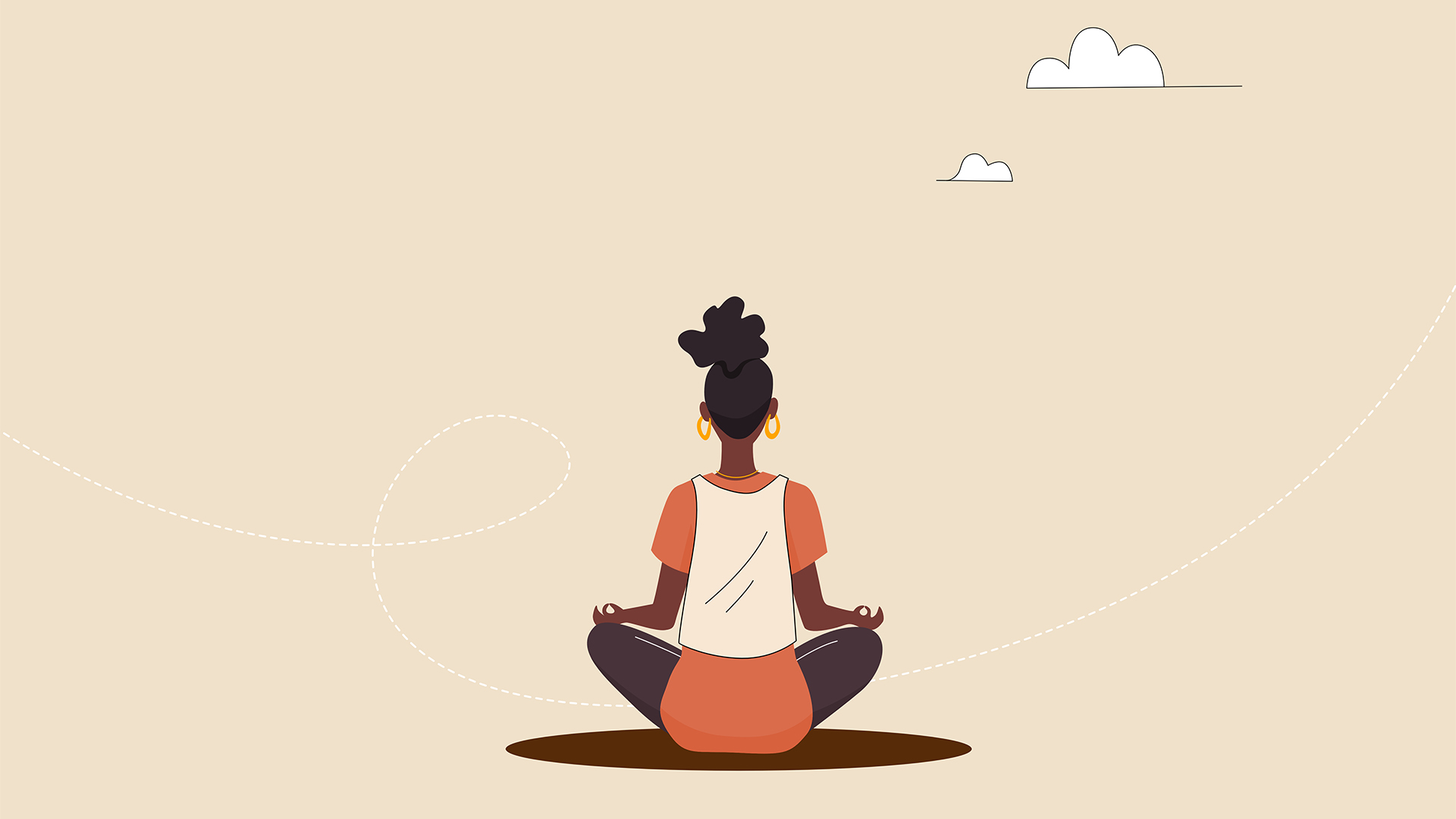 This tech company wants to pay staff to look after their mental and physical wellbeing
This tech company wants to pay staff to look after their mental and physical wellbeingNews Hot on the heels of its four-day week trial, tech company Thrive is offering staff new incentives to take care of their mental and physical wellbeing.
-
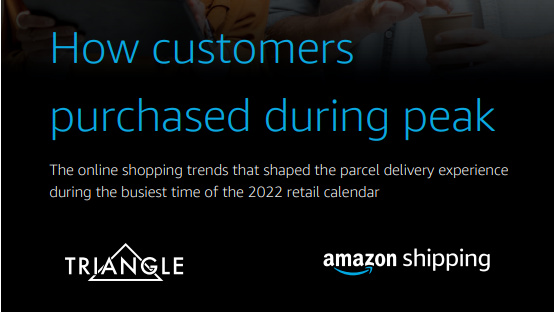 Preparing for peak: How customers purchased during peak
Preparing for peak: How customers purchased during peakwhitepaper The online shopping trends that shaped the parcel delivery experience during the busiest time of the 2022 calendar
-
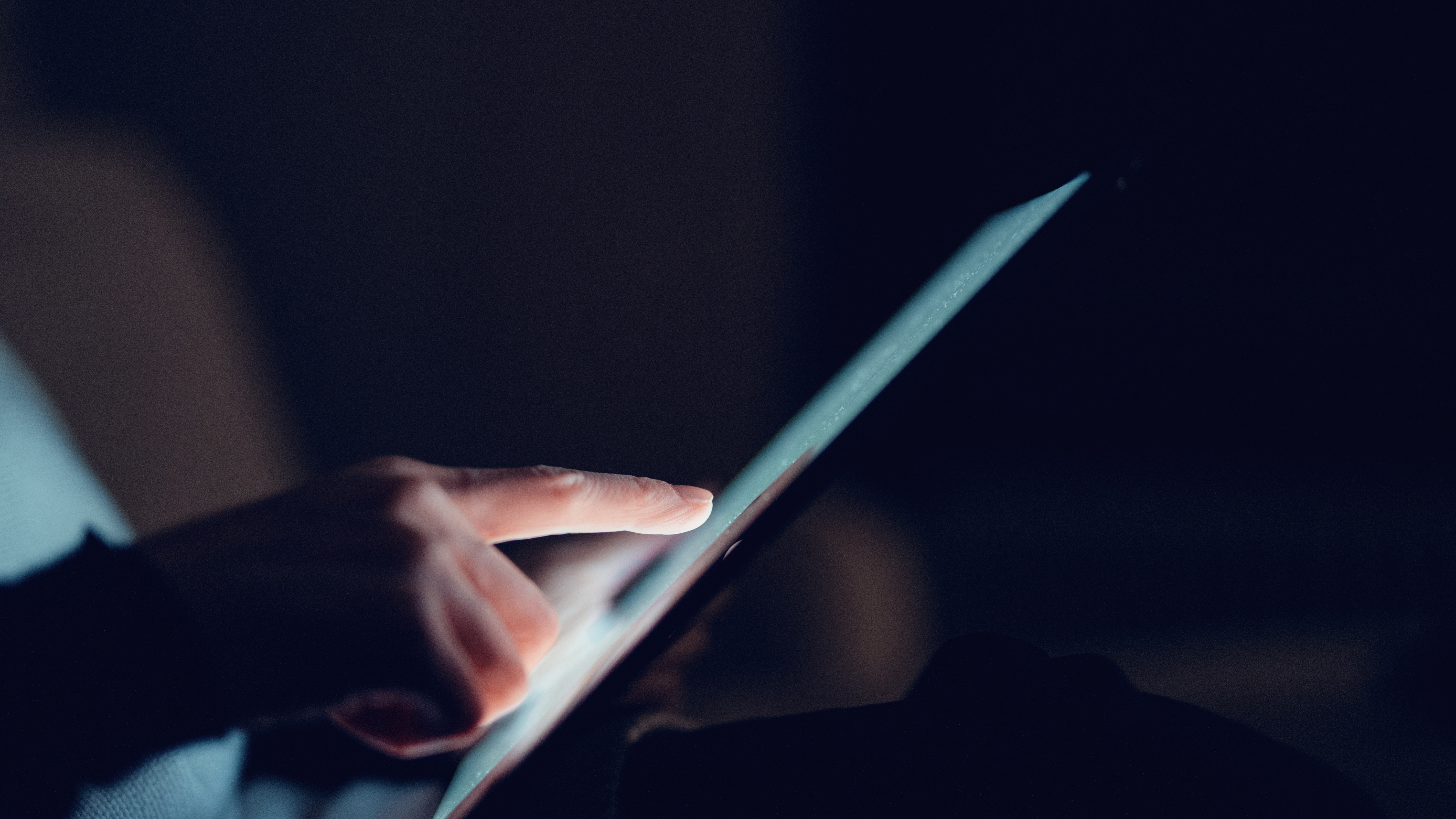 How Crew Clothing went mobile to turn around a struggling business
How Crew Clothing went mobile to turn around a struggling businessCase Study Mobile sales tech unleashed a tide of change, buoying further growth across the UK coast-inspired casualwear chain
-
 Going contactless with shoppers in a post-COVID world
Going contactless with shoppers in a post-COVID worldWhitepaper Retail guide
-
 Microsoft patents tech to combat employee stress
Microsoft patents tech to combat employee stressNews Based on biometric data, the patented technology computes an employee’s "anxiety score"
-
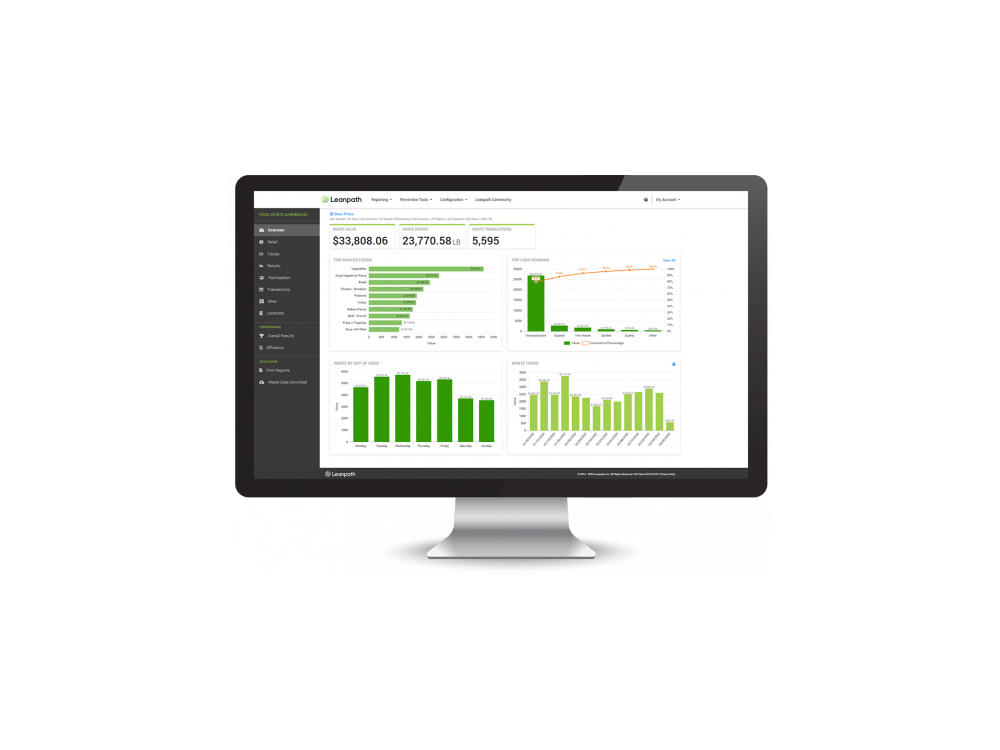 Leanpath’s new tools help reduce food waste and costs
Leanpath’s new tools help reduce food waste and costsNews Impact Suite uses automated action plans to help kitchens address food waste issues
-
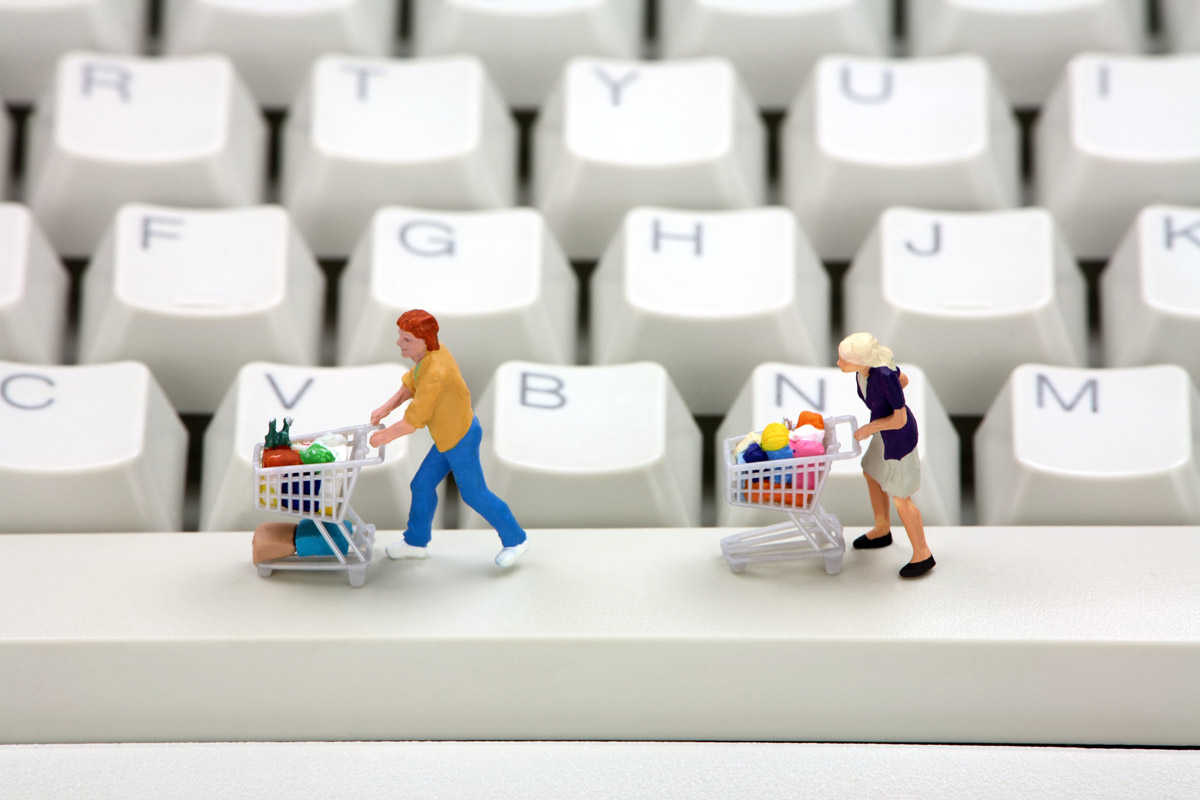 How web retailers cope with the demands of the holiday season
How web retailers cope with the demands of the holiday seasonIn-depth Christmas, New Years, Boxing Day, January sales… How can web retailers meet the demands of seasonal peaks in sales?
-
 Healthcare wearables could ease burden on NHS
Healthcare wearables could ease burden on NHSNews Experts suggest that the Internet of Things could help with patient overcrowding
